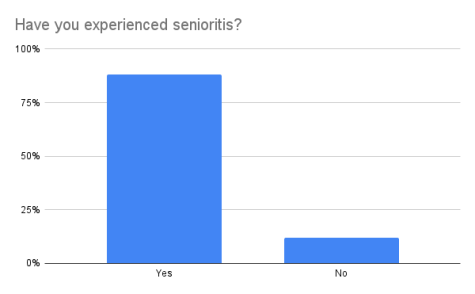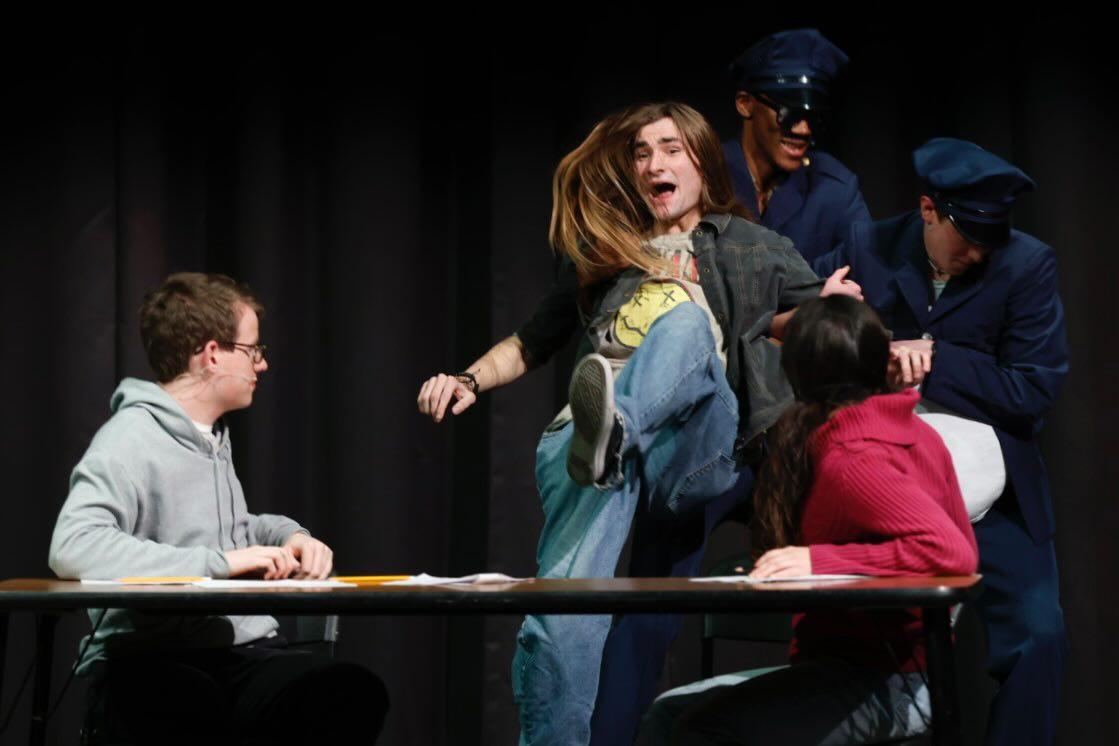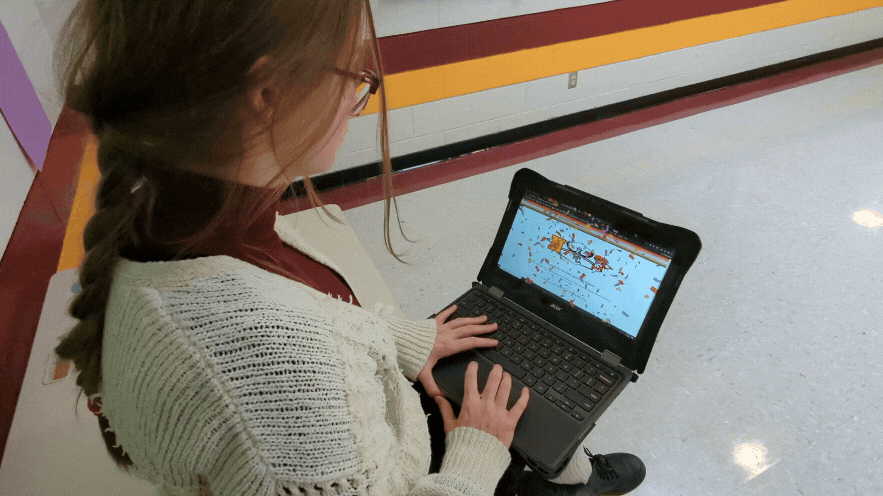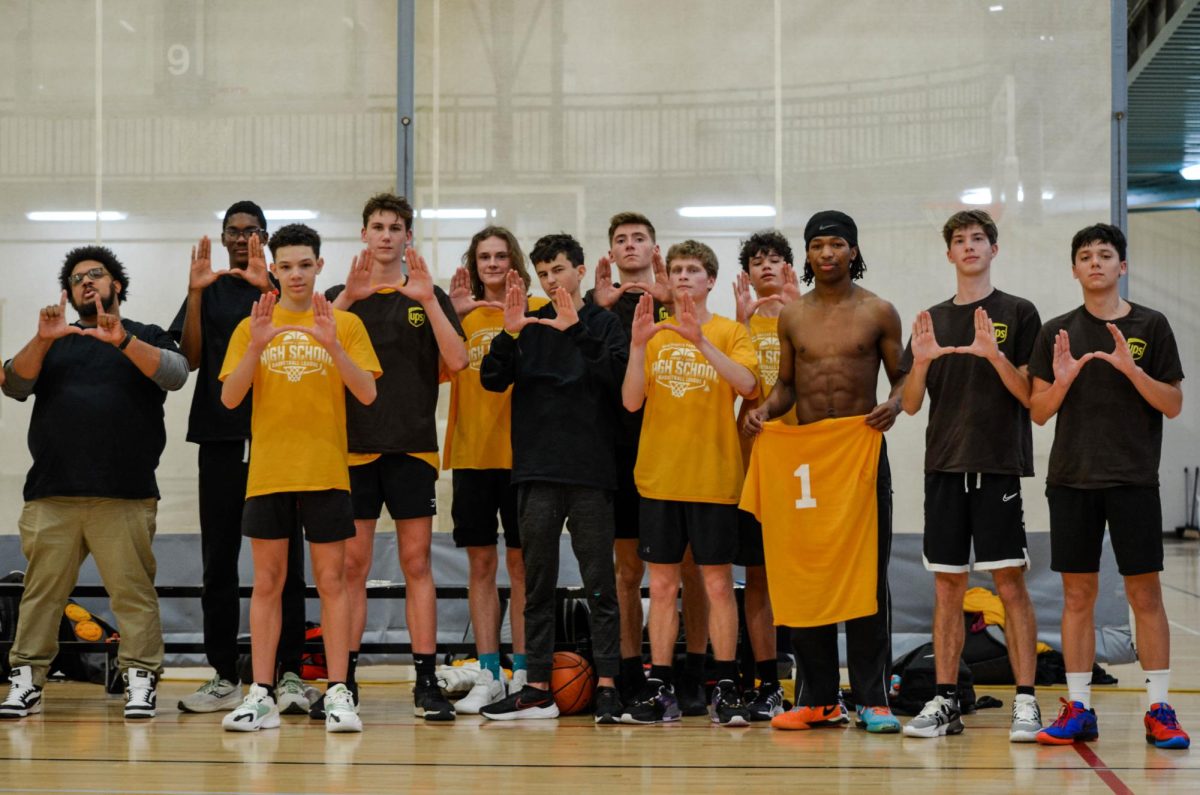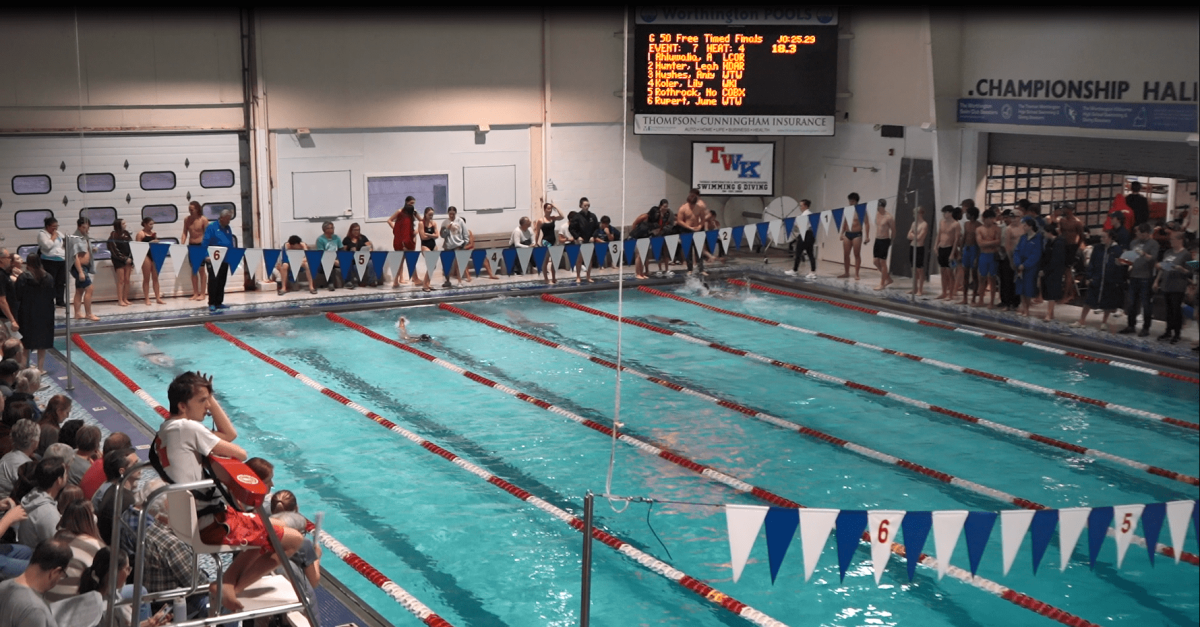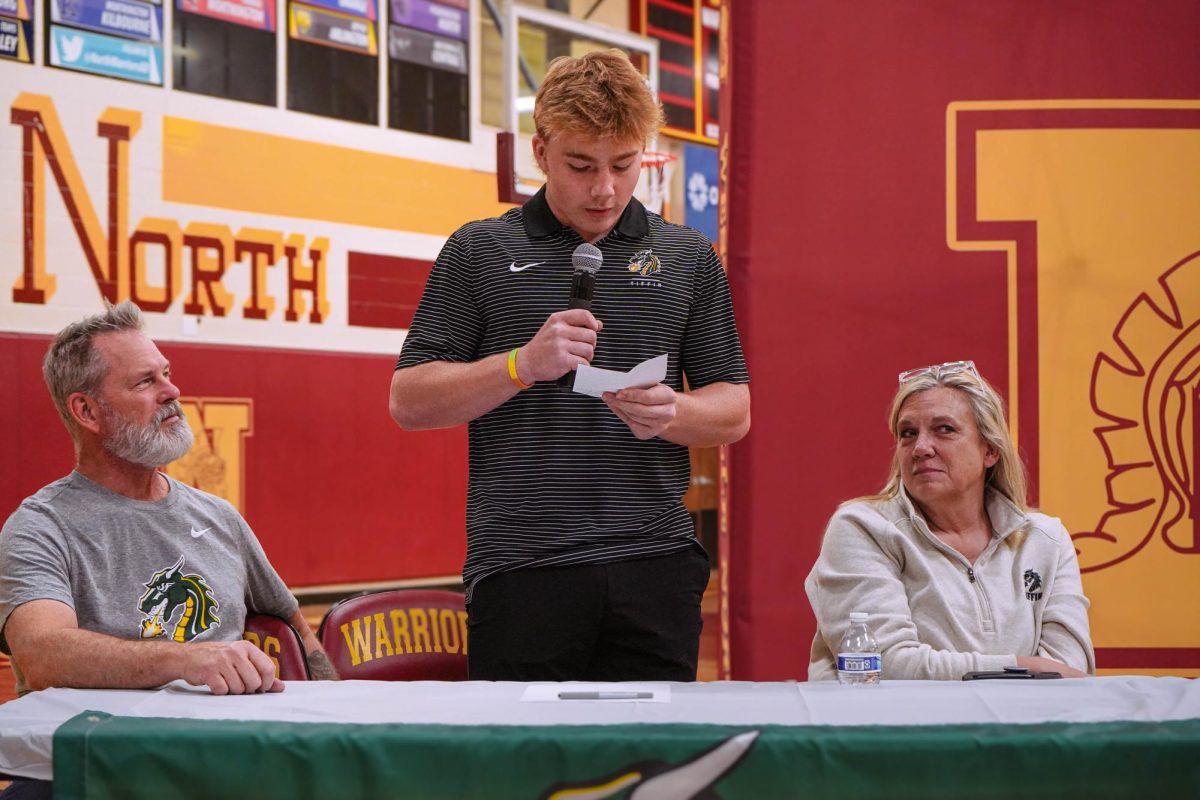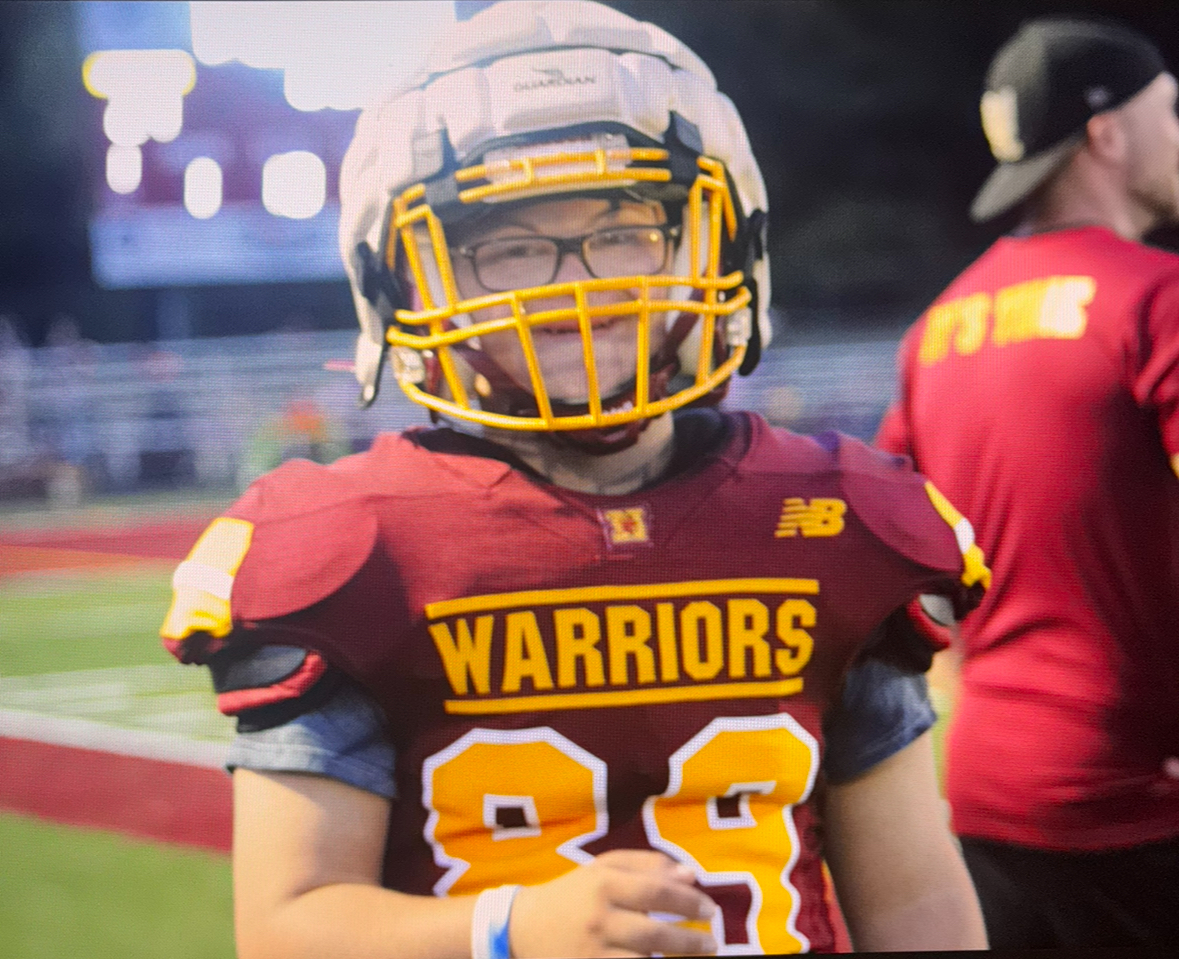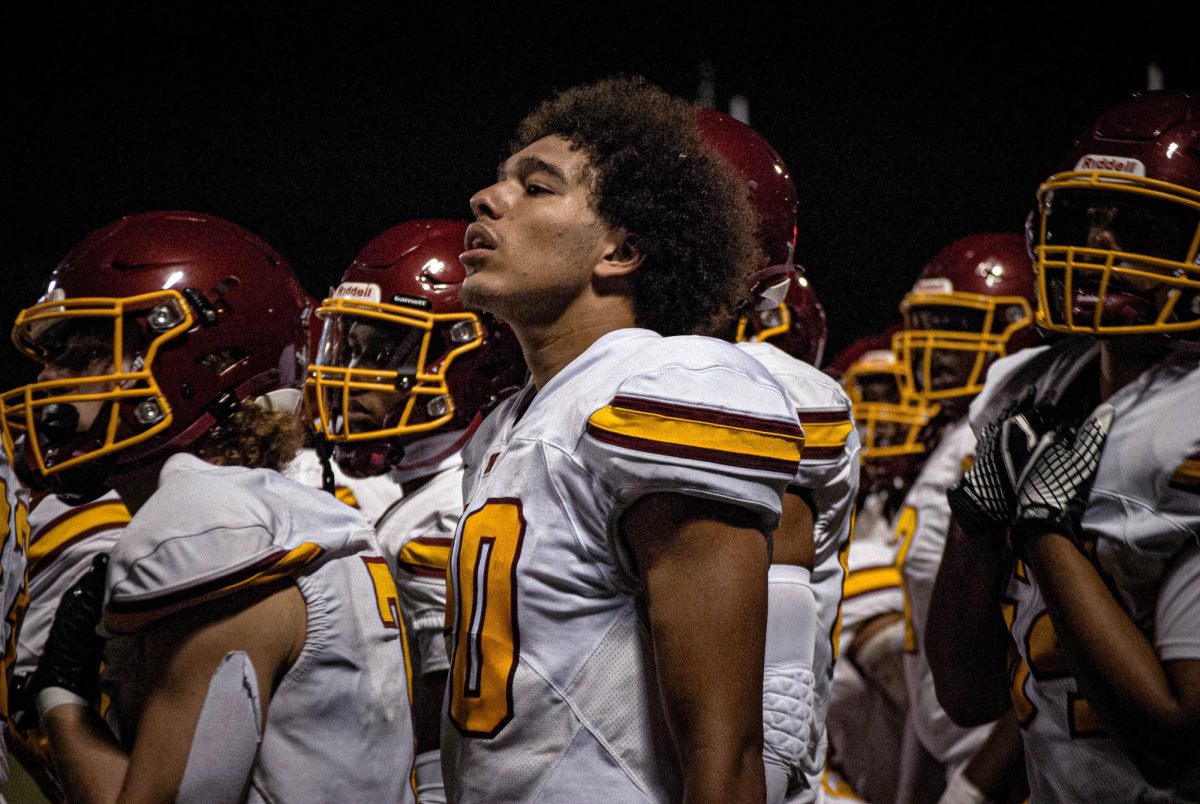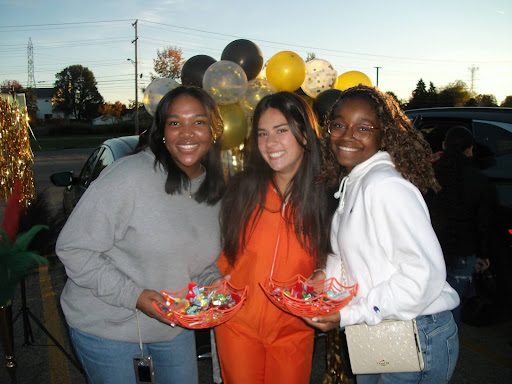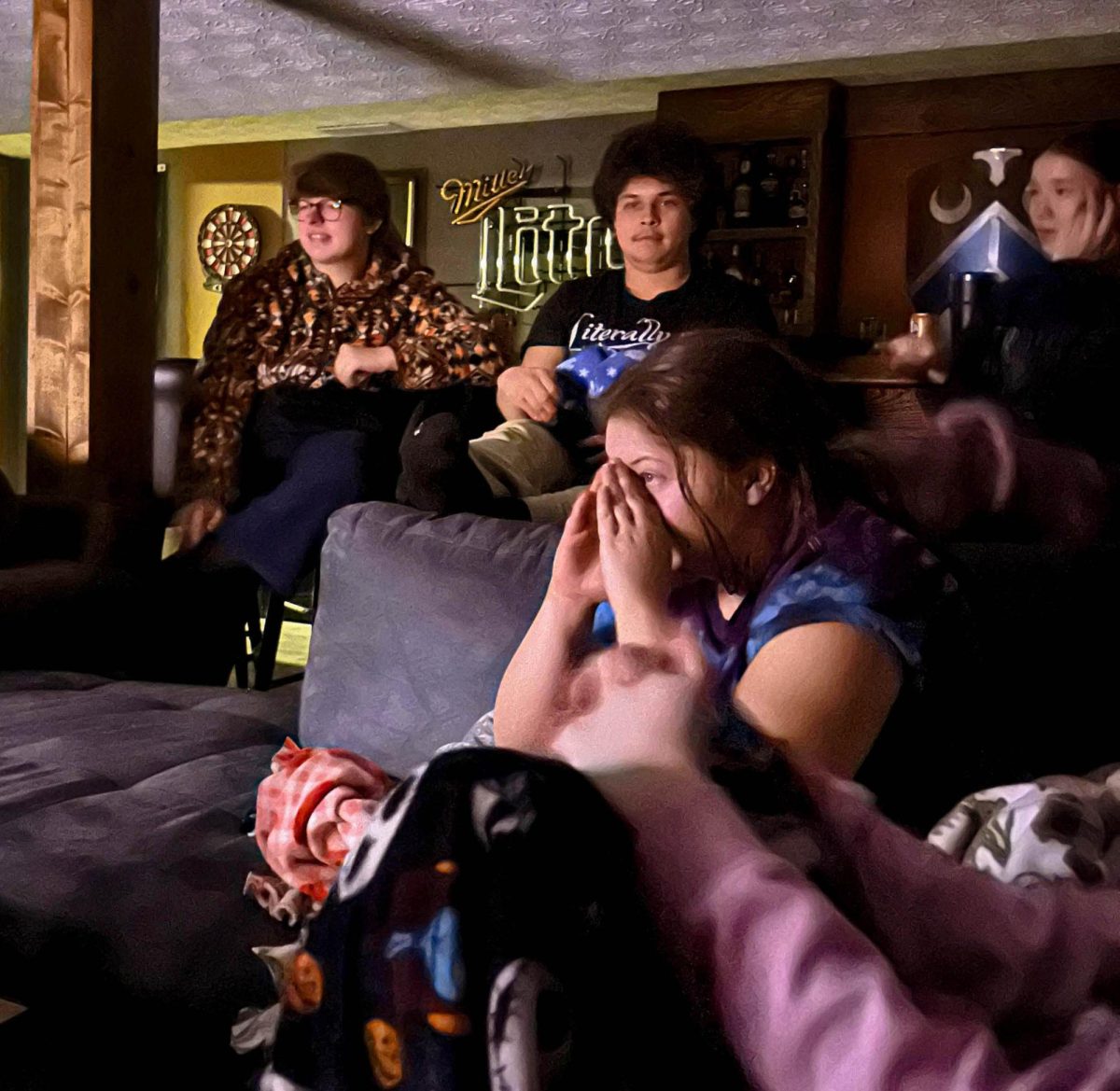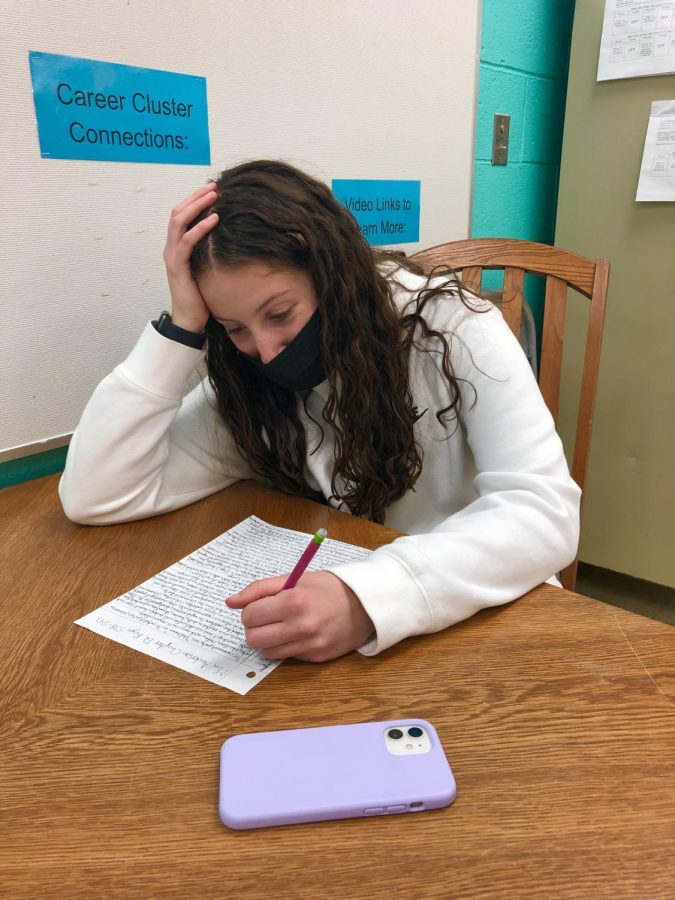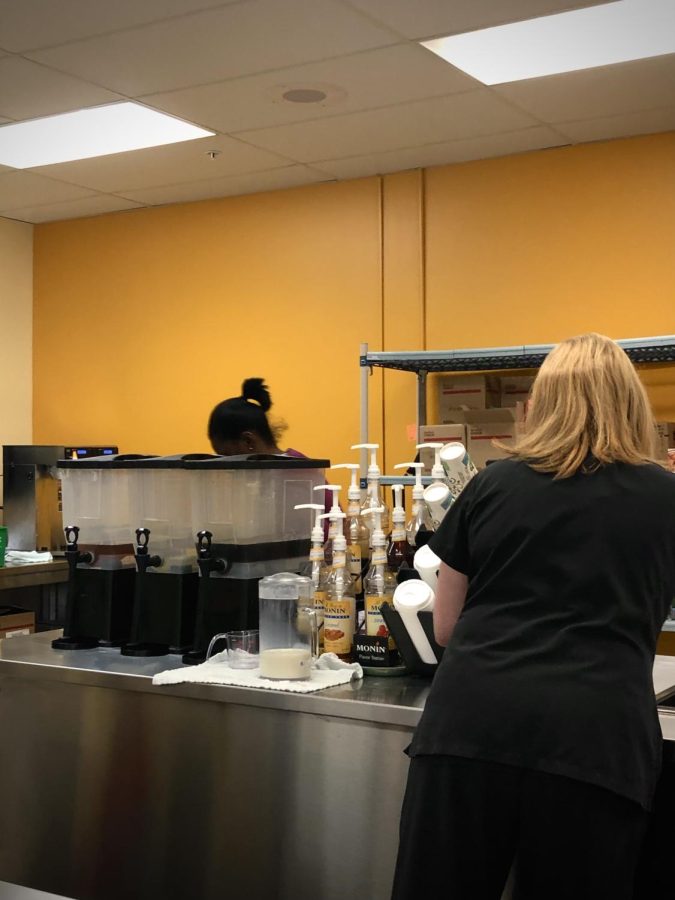With third quarter being close to halfway over at Westerville North High School (WNHS), seniors are starting to experience something that almost every student goes through at some point in their life—senioritis.
Senioritis is when a high school senior starts to feel burnt out from school, which may cause them to come to school less or give up on their classes entirely. With senioritis, students often feel as though they’ve reached their limit, and the urge to move on from school and start something new is very prominent in the lives of many. These feelings of fatigue threaten to take over.
Student Alison Gruber (12), shares her own experiences with senioritis.
“I’m a really bad procrastinator. It can really screw me over sometimes because when I have an assignment to do I’ll wait until the last minute and it all sort of builds up. Which gets really overwhelming really quickly,” Gruber said.
Senioritis goes hand in hand with burnout, which is known to cause a loss of motivation to do things.
“Now I just really don’t have any motivation to do anything,” Gruber said.
Jack Corthell (12), has also experienced senioritis, yet in a somewhat different way.
“[Senioritis] has affected my everyday life. It’s not something super serious but I would rather be doing more productive things than being in my classes a lot of the time,” Corthell said.
There’s also a lack of wanting to even attend school at times.
“I have a lot of things going on, I would rather not be at school at seven in the morning,” Corthell Said.
It’s hard for students to see school as a top priority especially with college looming ahead.
“I’ve been putting a lot less effort into school. I always procrastinate, I’ve been doing less work overall,” Corthell said.
Because of COVID-19, some students began to feel the effects of senioritis earlier than others, sometimes, before they were even seniors. Gruber feels as though she started to feel these effects in her junior year.
“I’ve had senioritis since last year. With COVID-19 and everything, I really wasn’t learning much. Having to do assignments at home was really difficult; I had no motivation. By the end of junior year I was so burnt out.” Gruber said.
Ashley Burrs, WNHS Psychologist, explains how she has observed senioritis in students.
“I have noticed a lot of burnout with education,” Burrs said.
Burnout in education has caused students to feel a lot less motivated.
“Even if I have time to do stuff, a lot of times I would rather just lay in bed and watch TV and do mindless activities because I’m always busy with work and lacrosse,” Gruber said.
Wanting to stay home and not come into school is one of the main symptoms of senioritis.
“A lot of students are at a standstill. They won’t go to class, they’ll stay home. There are a lot of tears,” Burrs said.
Yet for other students, the symptoms aren’t as obvious.
“Some kids will hide it completely and you won’t know that they’re anxious in class. In general with the students I see there’s a lack of coping skills,” Burrs said.
However, even though it’s easy to get caught up in senioritis, Burrs says that there are some ways that students can aid their burnout.
“[To aid with senioritis you have to] get sleep and set goals. I think setting goals is really important because you have something to look forward to,” Burrs said.
Determining your own limits is also important, and knowing when you need a break is helpful.
“Knowing when it’s time for a time out, knowing who to go to for that timeout… Sometimes taking a step back is helpful,” Burrs said.
Students have come up with their own coping mechanisms as well. Being able to find solutions for senioritis is important for students.
“Changing my mindset on [school and senioritis], thinking about it like – okay this is my last semester of high school – I might as well make it enjoyable and worth it. Trying to enjoy my time here, and looking forward to next year,” Gruber said.
With the semester being nearly halfway over, seniors are starting to look ahead to their future.
“I’m excited to get away from it all, and move on to college,” Corthell said.
“[I am] 100 percent [excited to move on from Westerville North] I feel like I’ll be better off in college since I’m a pretty independent person. I don’t like having teachers and administrators holding my hand all the time,” Gruber said.
The students at WNHS still have the rest of the semester to go. With hopes for the future and looking ahead to time outside of high school, students can learn to cope with their senioritis and end the year strong.
